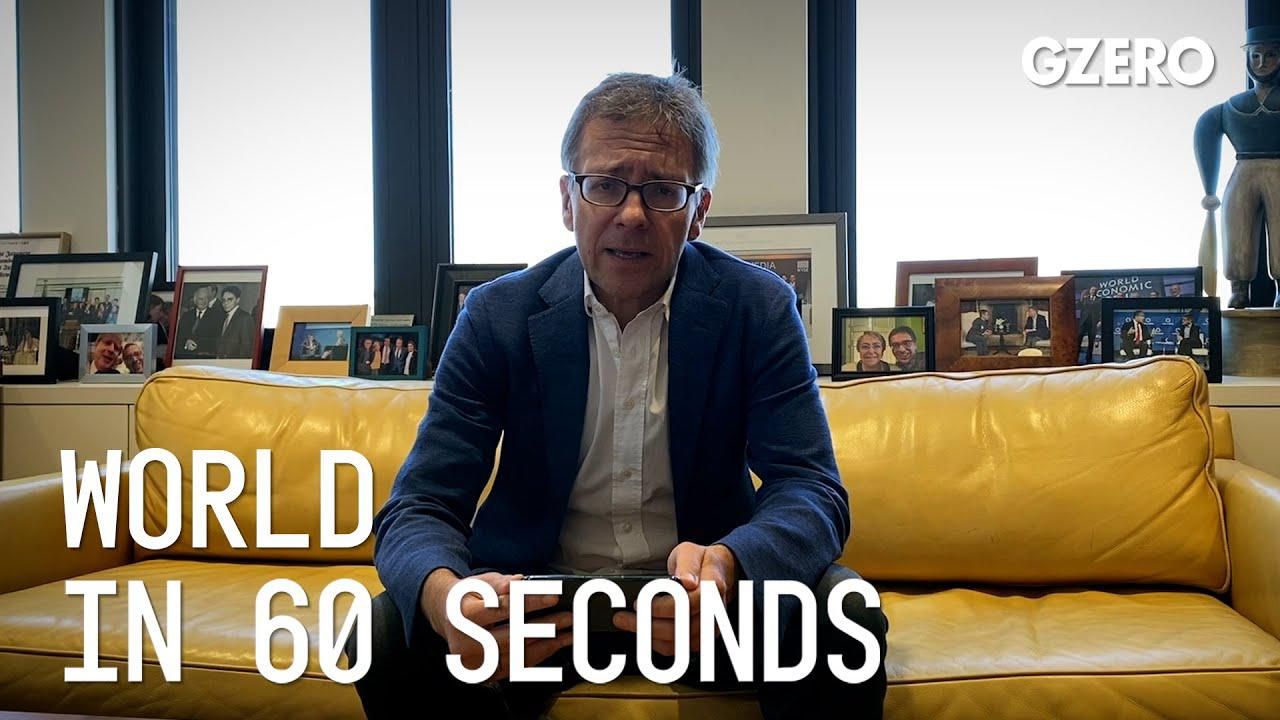
Ian Bremmer discusses Hong Kong's election changes, Bolsonaro's latest cabinet reshuffle, and Turkey's economic problems on World In 60 Seconds.
China has overhauled elections in Hong Kong. Now what?
Well, now nobody that would be in the democratic opposition would really want to run for election in Hong Kong because it's just a titular body that serves mainland China. There is no more one state, two systems policy in Hong Kong. The UK, the United States are angry about it. We've put some sanctions on individual leaders, but that's about it. And China increasingly integrates the small Hong Kong economy into the mainland, and it's considered a domestic sovereign issue. Sorry, it kind of sucks if you're from Hong Kong, and there's not much work we can or are going to do about it.
Why did Bolsonaro just replace six of his cabinet ministers?
Well, because his popularity is decreasing, because the economy is in tough shape, because lockdowns are required, given the fact there are more than 3,000 deaths a day happening right now in Brazil. They're the new epicenter of the coronavirus crisis and Bolsonaro's been mishandling it. There is the potential for impeachment against him. He also has elections next year, and former President Lula has been ruled okay to stand for election. He was under house arrest before. This is all bad for Bolsonaro and he's doing everything he can to consolidate power around him. I'd be most concerned, I mean, they got rid of the foreign minister and others, but I'd be most concerned about consolidation of key defense ministers. Because at the end of the day, even though Brazilian institutions are strong, they are not as strong and independent as those in the United States. So tail risk of a true Brazilian political crisis are becoming more likely.
What the heck is the Erdogan doing and what does it mean for Turkey?
Well, this is kind of like in Brazil. It is another leader of a developing market that is truly mismanaging his country. In this case, less of a coronavirus, more about the economics. Bolsonaro on his fourth healthcare minister since the pandemic started, Erdogan on his fourth central bank governor in the last two years. And massive capital flight, inflation, getting difficult for them to handle their fiscal balances. He doesn't want to go to the IMF because the conditionality would be required, be massively unpopular for him domestically. He's getting squeezed really badly. He's trying to make the second-largest opposition party in the country illegal. That's one way to be able to win elections going forward. A lot more pressure on Erdogan going forward too. Am worried about that, watching it pretty carefully.